Get proven data to base your agricultural decisions on
35 k.
ділянокза рік
since 2016
in business
NDVI NDRE
monitoring
ASTM
Standards
SeedQuest conducts independent field research, designed for those who want to make decisions based on reliable data and practical experience. Our team of experienced agronomists and scientists ensures professional planning and conduct of research in accordance with international standards. We guarantee the accuracy and reliability of data thanks to proven methodology and modern technical equipment.
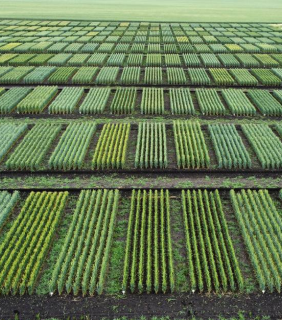
This is a comprehensive study that provides a thorough assessment of the adaptability of varieties and hybrids to a specific agro-climatic zone. The service includes: Agro-climatic Analysis Assessment of precipitation levels, growing degree days, and solar radiation to determine the region’s agricultural potential. Comparative Trials Sixfold replication of experimental plots, use of the Truncated Mean Method, increased plot length, a higher number of replications, and wider spacing between plots for accurate evaluation of hybrid adaptability to local agro-climatic conditions. Agro-soil Monitoring Comprehensive agrochemical soil analysis and monitoring using drones (NDVI, NDRE) for detailed tracking of crop and soil conditions. Yield and Quality Analysis Use of field data to generate scientifically based management decisions.
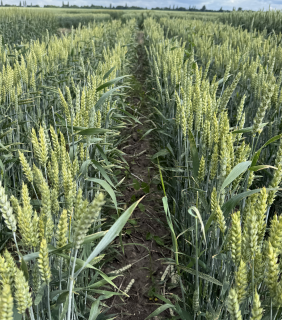
The service includes determining the optimal seeding rate for corn, sunflower and soybean hybrids. We conduct specialized field trials, analyze the response of hybrids to different densities and formulate clear recommendations for differentiated seeding. As a result, you receive a protocol with precise rates for each hybrid, taking into account its adaptability to growing conditions, yield potential and economic efficiency. This information is the basis for the correct choice of differentiated seeding in your field.
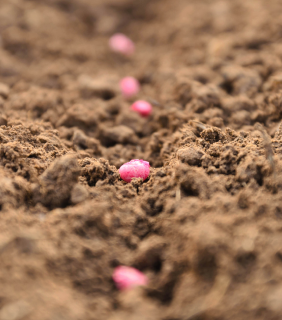
This service allows us to evaluate the effectiveness of micronutrients and biopreparations in our field studies. We test their effects on initial plant development, seedling friendliness, root system, and overall crop productivity. What is included in the test: Experiments Establishing experiments on specially prepared plots with control and experimental options. Assessment Assessment of the impact on initial growth, root system development and total plant biomass. Agrosoil monitoring Monitoring crops during the growing season using agrochemical soil analysis and drones (NDVI, NDRE). Grain yield and quality analysis Analysis of grain yield and quality, which helps determine the economic feasibility of using the product. Research results Clear recommendations for the use of micronutrients and biopreparations based on real field data, not just lab tests. This helps agricultural producers make decisions that actually work in the field.
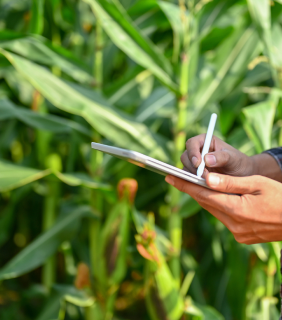
We provide a full range of services in the field of precision agriculture. Thanks to cooperation with Agrotest and Green Express experts, as well as many years of testing experience, we provide high-quality analytical support that allows to select the best hybrid or variety, optimal seeding density and effective cultivation technology. Our approach helps agricultural producers rationally use resources and increase field productivity. What is included in consulting services: Interpretation of test results - detailed analysis of data on varieties, hybrids, microfertilizers, biological preparations and sowing densities. Selection of varieties and hybrids - assistance in choosing the most adaptive options based on real tests in different agroclimatic zones. Assessment of economic efficiency - analysis of field data to determine the best solutions for seeding density, selection of seeds and cultivation technology. Field audits and support – visiting the farm, assessing the condition of crops, analyzing the success of the technologies used, and preparing individual solutions.













We provide practical recommendations based on field research data rather than assumptions.
Check out examples of research results:
Get analytical support, selection of optimal solutions for the counter -field: from sowing density to hybrid adaptation.
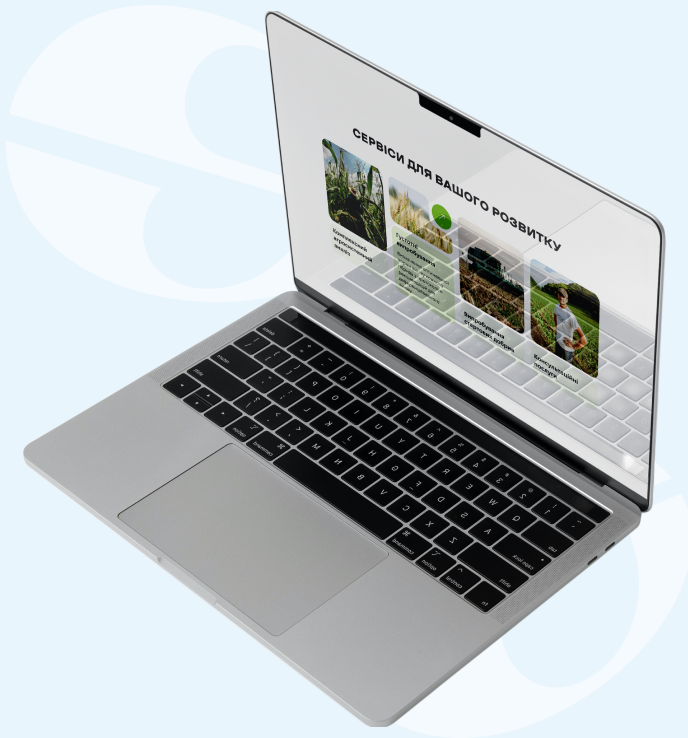
Your e-mail address will not be published.
Required fields are marked*
Our managers will contact you in the near future during working hours.